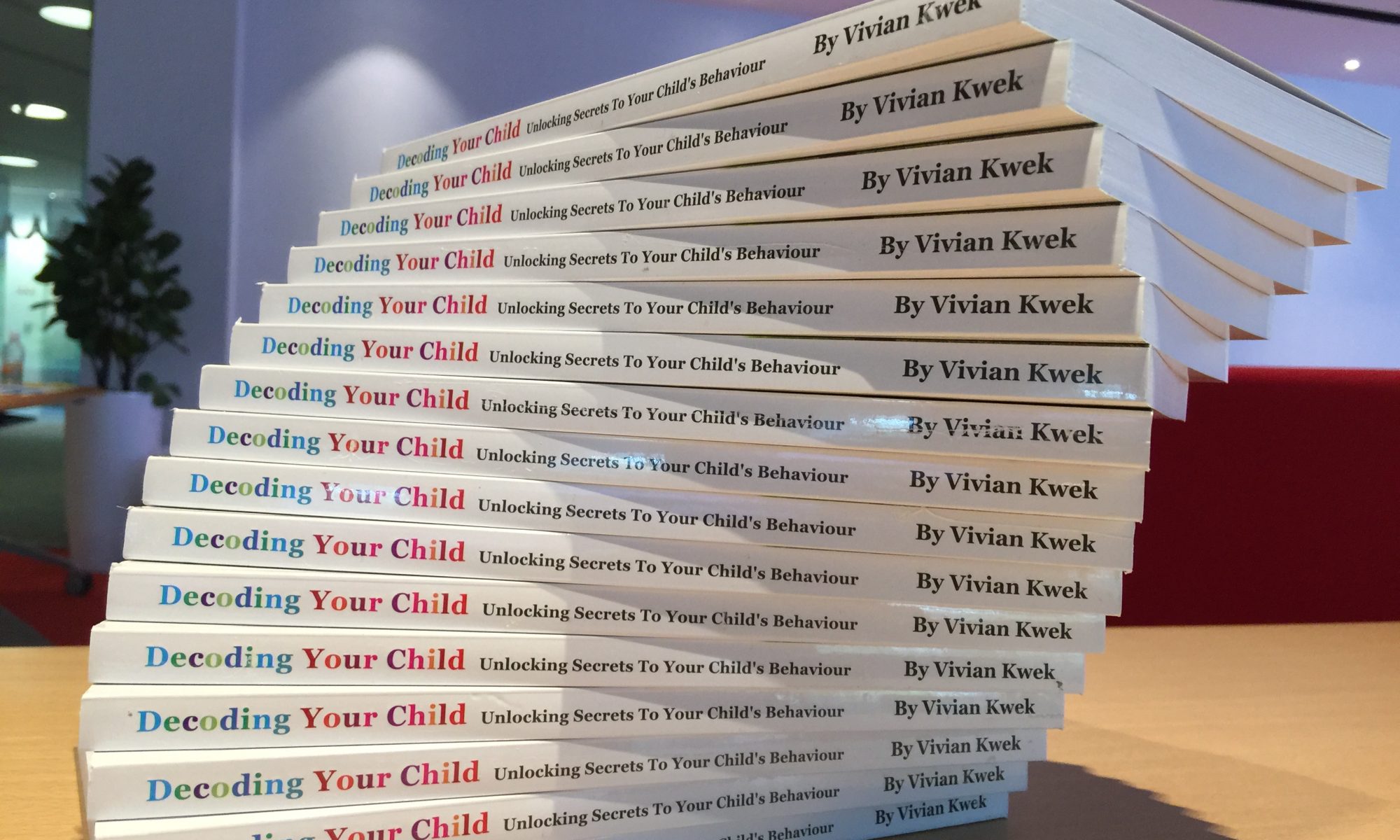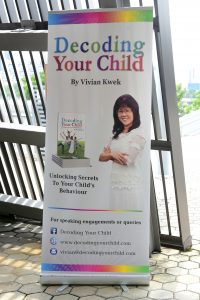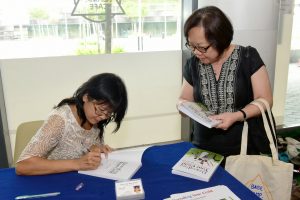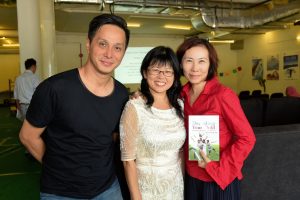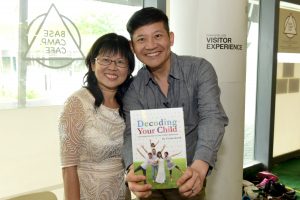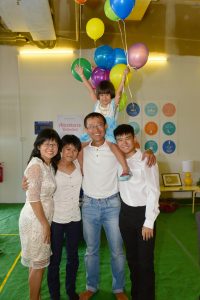Device addiction or internet addiction is rather rampant nowadays. I have lost count of the number of parents who have approached me to help their children overcome this problem.
To overcome any problem, the first thing we need to understand is why it is happening and how it is happening. Then and only then can we effectively solve the problem.
So let us look at addiction itself. What is it? What is its root cause? And more importantly, what can we do to help our children (and ourselves) overcome addictions?
What is Addiction?
There are different types of addiction. There is addiction to substances like drugs, alcohol, nicotine etc. And there is behavioural addiction like gambling, sex, gaming, and internet addiction.
While they differ in type, the end result is the same. Indulging in the addiction triggers pleasure. It helps the addicts forget about their troubles and woes. Even if it kills them, they would rather indulge in the pleasure than face their pain.
Introducing Rat Cages With Drugs
In the early days of research into addiction, researchers placed individual rats into an empty cage with nothing except 2 sources of drinks. One was plain water and the other was water infused with heroin.
Over time, the rats would all get addicted to the heroin infused water and die of overdose. The researchers concluded that the presence of drugs caused addiction.
The research does lend itself to that conclusion. But is that really the case? There are drugs around. But not EVERYONE is an addict. Cigarettes and alcohol are easily accessible, yet not everyone is an addict. There are casinos around too, but not everyone gambles or is addicted to it. So what is the missing piece?
Introducing the Rat Park
In the later 1970s and early 1980s, a Canadian researcher, Bruce Alexander, ran a different experiment. He created a “Rat Park”. The Rat Park differed from the original Rat Cage in three ways.
Firstly, it was 200 times bigger than the individual rat cages in previous experiments.
Secondly, the Rat Park had 20 rats of both genders in it, unlike the old rat cages that contained one solitary rat each.
Thirdly, instead of an empty cage except for the two bottles of water, the Rat Park was filled with Hamster wheels and multi-colored balls for the rats to play with. It was also stocked with plenty of tasty food to eat, and spaces for mating and raising litters.
The constant between the old Rat Cage experiments and the Rat Park was they both offered one bottle of drinking water and one bottle of heroin infused water.
Bruce found that the rats in his Rat Park ignored the heroin. They were much more interested in typical communal rat activities such as playing, fighting, eating, and mating. Even rats which had become addicted to the heroin water when they were in the Rat Cage experiment left the tainted water alone once they were introduced to the Rat Park. Essentially, with a little bit of social stimulation and connection, addiction disappeared.
So what can we learn from this famous “Rat Park” experiment?
What IS the Root Cause of Addiction?
When someone has an addiction to something, be it substance addiction, or internet addiction, or behavioural addiction, the problem is not with whatever they are addicted to. The problem lies with the “cage” that these people are in. Is their cage stimulating enough, fun enough, with sufficient opportunities for meaningful relationships and connection?
Addiction is triggered by the craving for pleasure. Indulging in it helps the addicts forget about their troubles and woes. Understanding that is the first step to helping addicts overcome their addiction.
Many people think that when the addict recovers, he becomes sober. But being sober does not help him forget about his troubles and woes. If anything, it makes him more keenly aware of the challenges he faces. He will very quickly suffer a relapse and go back to the addiction.
The opposite of addiction is not sobriety. It is CONNECTION. Why connection?
Well, the answer is simple. If we look at the residents of Rat Park, they have fun. They have activities to do. They have a social life. Life is exciting and interesting. They are connected to being alive. They are connected to living.
But the residents of Rat Cage? They are isolated with nothing to do. Life is boring, a drudgery. Hence, they need something, anything, to spruce up their lives.
Hence, addiction is the LACK OF CONNECTION.
What Can We Do As Parents?
Instead of simply confiscating the source of addiction which essentially does nothing to fill the void of the addicts, it will be more productive and effective if we spruce up their “cages”, the lives that they live.
I mean if we look at our children nowadays, how are their lives like? How big are their cages? How much freedom do they have? Do they have time for socialisation, for play?
Is It As Simple As That?
Yes and no.
Why yes? Sprucing up the cages is but the first step. When our children feel they have some control of their lives, that there is meaning in their lives, their likelihood of being addicted to anything will reduce drastically.
BUT it is MORE than just that. We will need to understand the development of children, especially our teens, as well as understand how to establish connection and trust with them so we are better able to guide them. Let us face it. How many of our children “really” listen to us? To get them to hear us out and do as we say, we really need to strengthen our connection with them.
Want to Know More?
I hope you have found this article useful.
If cyber/device addiction is something your children are struggling with, or if you are concerned about keeping your children safe from cyber dangers, you will want to check out this 2-hour Decoding Your Child for Cyber Safety Seminar. I will sharing more about addiction and how to keep our children safe on the internet.
TOPIC: Decoding Your Child for Cyber Safety
SPEAKER : Vivian Kwek
VENUE : 2 Venture Drive VISION EXCHANGE #21-01 S608526
DATE : Saturday Nov 3, 2018
TIME : 11AM-1PM
After the 2-hour workshop, you will
- Understand why children are addicted to the internet/their devices;
- Know what you can do to address that addiction;
- Learn how to keep children safe from dangers online, eg: bullying, grooming, objectionable content etc;
- Learn how to encourage children to share what happens in their cyberworld with you so that they can have a safer cyber experience;
- Have your questions on keeping your children safe on the internet addressed; and
- Create a Cyber Safety Plan for your family.
Here’s what other parents have said about Decoding Your Child for Cyber Safety Seminar:
“I have attended several seminars and workshops on cyber safety previously. But this is the first one that explains why my child behaves the way she does. Now that I understand why she is addicted to her device and the challenges she faces, I know how to help her overcome it. Thank you so much for the insight.”
“This is a really beneficial session and should be shared with more parents.”
“Decoding Your Child for Cyber Safety opened up a lot of questions on our previous assumptions.”
To register, click on this link: Decoding Your Child for Cyber Safety
See you on 3 Nov 2018!
Happy Parenting!





